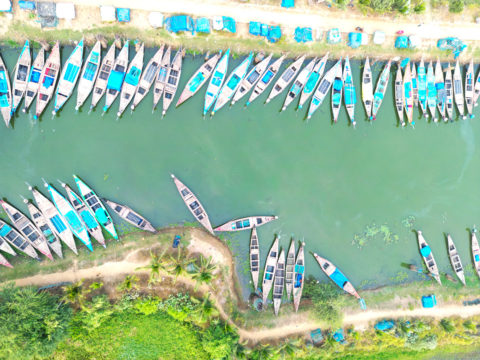
Regional Workshop for Shared Understanding and Landscape Vision of Mahanadi Delta within W4R- 4R Framework
-
Capacity development
-
Climate and disaster risks
-
Community resilience
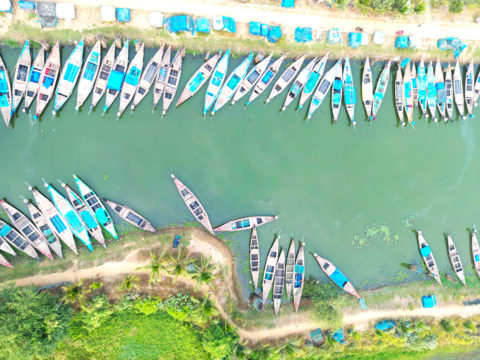
A multistakeholder workshop for Shared Understanding and Landscape Vision of Mahanadi Delta within W4R- 4R Framework was convened by Wetlands International South Asia in Gopalpur on 27th and 28th November 2023. The workshop was moderated by Harsh Ganapathi (Senior Technical Officer – Ecohydrology), Ravi Prakash (Wetlands Specialist), Pradeep Vashisht (Technical Officer – GIS and Remote Sensing) and Nikita Mishra (Junior Technical Officer – Knowledge Base Development) along with Jeroen Jurriens (Programme Manager, Community Resilience) and Dirk ten Brink (Programme Manager, Landscape Mobilisation) from Wetlands International Global Office. The workshop was attended by diverse stakeholders from the Mahanadi Delta landscape, including representatives from the Chillika Development Authority (CDA), Local NGOs, and private partners. The discussions underscored the importance of holistic development for resilient communities in the Mahanadi Delta and emphasized the potential returns on investment. Exploring the interrelated fields of ecology, culture, and economics, the workshop addressed critical aspects such as interventions for local livelihoods, the habitat conservation of saltwater crocodiles, and the plight of endangered dolphins.
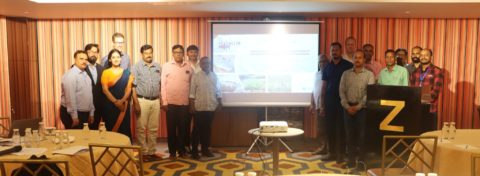
(Participants at the regional workshop)
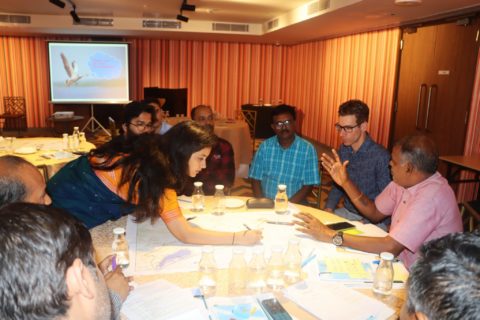
(Roundtable discussion on mapping the history of interventions for resilience building of Mahanadi Delta)
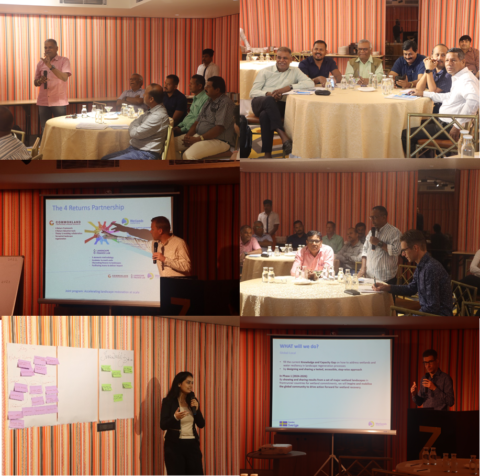
(Participatory sessions to unpack the W4R-4R framework)
The workshop spotlighted inspirational narratives, namely the impactful work of community-led mangrove afforestation by APOWA, Chilika management for conservation and wise-use by Chilika Development Authority, and enhanced community resilience from the Eco-DRR and PFR project by NetCoast. It also featured interactive activities like stakeholder power and interest mapping, word clouds, emphasizing reliance synergies. These exercises highlighted the Delta’s impressive resilience, showcasing its ability to bounce back and thrive in challenging situations. 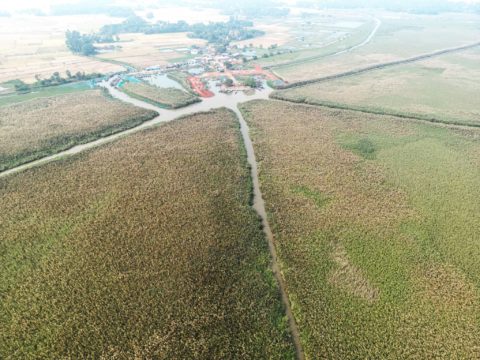
(Expanse of phragmites in Kalupadaghat, Chilika)
A pivotal component of the workshop involved a field visit to Manglajodi and Janhikuda, providing firsthand insights into the rich bird diversity and the captivating presence of Irrawaddy dolphins. Enthusiastic engagement by crab farmers and traders on crab culture and its integration with mangrove plantations were explored as viable alternatives to prawn culture, thereby expanding the horizon of sustainable practices. One of the crucial takeaways of the workshop included the possibility of integrating 4 Returns framework into the management plan of Chilika as agreed upon by different stakeholders. Moreover, the landscape proposition for the Chilika catchment has been planned within the 4 Returns framework. After successful implementation, this will be upscaled to various other wetland landscapes. In the coming years, the framework will also be integrated into a Wetlands 4 Resilience program in Sunderbans, Bangladesh. The workshop stands as a testament to collaborative efforts aimed at securing the future of vital ecosystems and the communities dependent on them.
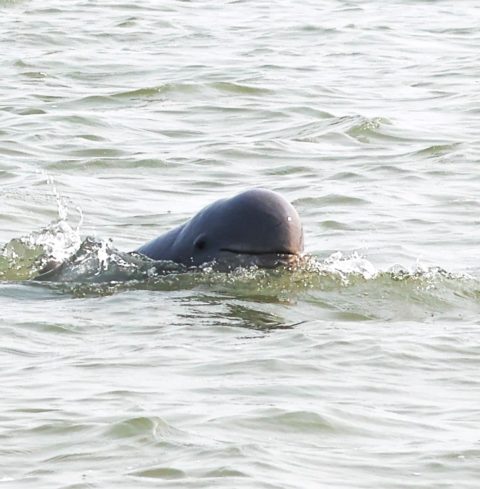
(Irrawaddy dolphin sighted near Janikhuda jetty)
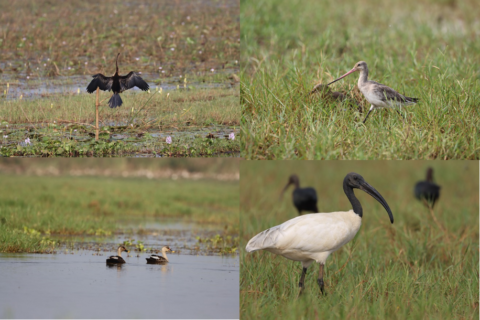
(Glimpses of Avifauna in Mangalajodi) 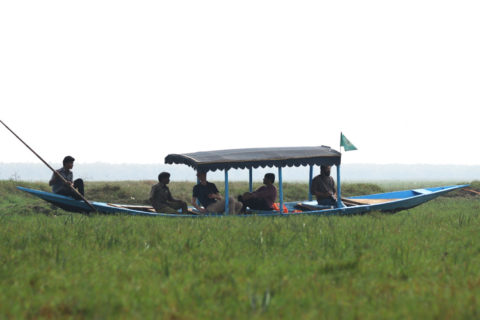
(Stakeholder interaction and birding exercise at Mangalajodi)
